Why is coffee powder suitable for brewing only once? this paper introduces the principle and characteristics of coffee extraction.
It is often asked: brewing coffee residue can not make a cup of coffee? It felt like such a waste! To explain this problem clearly, in fact, it is not possible to say one or two words. This should start with the characteristics of coffee beans. Coffee ripe beans are composed of soluble aromatic substances (about 30%) and lignocellulose (about 70%), but when extracting aromatic substances, not all extraction is the best, under normal circumstances, 18%~22% extraction rate of coffee will be better.
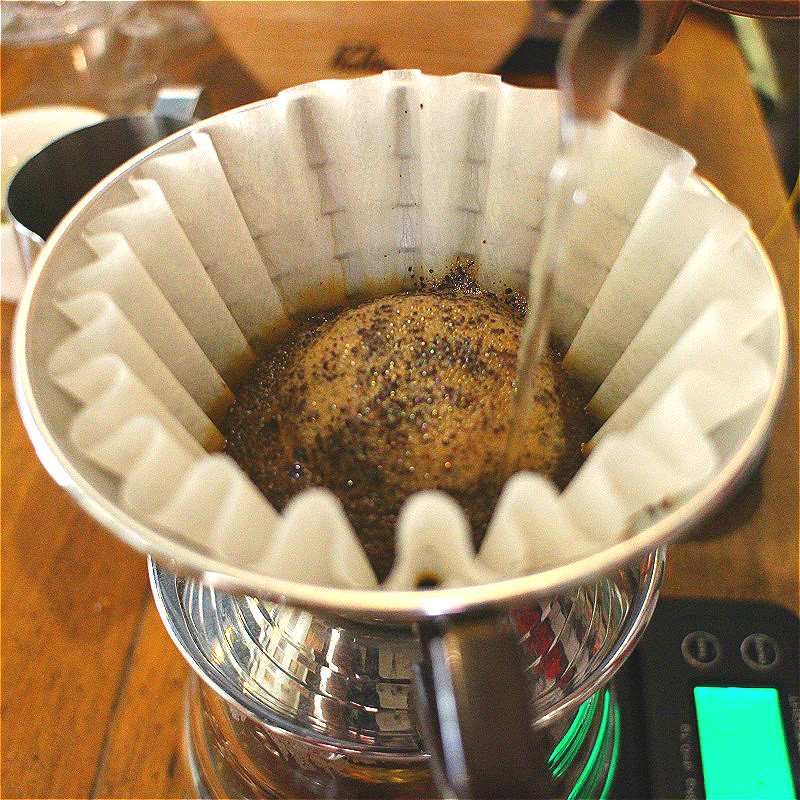
If this is difficult for you to understand, let's take sugar cane as an example to explain:
Sugar cane is composed of water, sugar, minerals, vitamins, amino acids and other nutrients (juice) and fiber. Whether it is juicing or chewing, what we eat is juice. But even if the machine squeezes, there is still a small amount of juice in the discarded fiber, that is, it cannot squeeze 100% of the juice. If you collect the lost fiber and repeat the juice, some of the fiber will enter your mouth with the juice, bringing a bad taste. At the same time, the sugar cane juice is not as sweet as the normal juice. If you don't believe it, you can try it.
Soluble aromatic substances in coffee adhere to the cell wall of coffee ripe beans, are dissolved when contacted with water and carried out with water, this process is called coffee extraction. The deeper the roasting, the looser the internal space of the coffee beans, the easier the release of aromatic substances, ground coffee and hot water contact, only two or three minutes can bring out most of the delicious flavor.
Water constantly washes coffee powder, aromatic substances are constantly released, when about 22% of aromatic substances are brought out, if continue to inject water, the outflow of liquid will have a miscellaneous smell, just like the sugar cane fiber repeated juice.
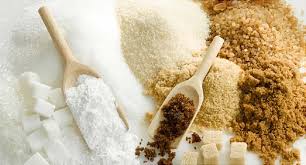
The soluble substances of coffee contain low and medium molecular weight aromatic substances, but also include high molecular weight insoluble substances. According to the dissolution rate, the acid substances and floral aroma are released first, followed by sugar and caramelized flavor, and finally bitter and impurities (components that are not easily dissolved in hot water). So after normal coffee brewing, the rest is only impurities and wood fibers, we can also say that it is a "bad substance."
So you didn't waste coffee because you drank the essence.
You don't believe me? You can smell the coffee grounds left in the filter cup.
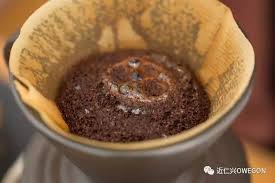
You still don't believe me? Then try to repeat the brew once. Sometimes it's fun to test existing conclusions. After making our guest a cup of hand-brewed coffee, we didn't throw away the coffee grounds:
Continue to inject 100 grams or so
Coffee extracted or colored?
Drink it, do you like this cup of water with pulp and wood flavor?
Then, some guests asked: Why can't your coffee powder be completely dissolved in water? The instant I bought can dissolve all of it, and it's not wasted.
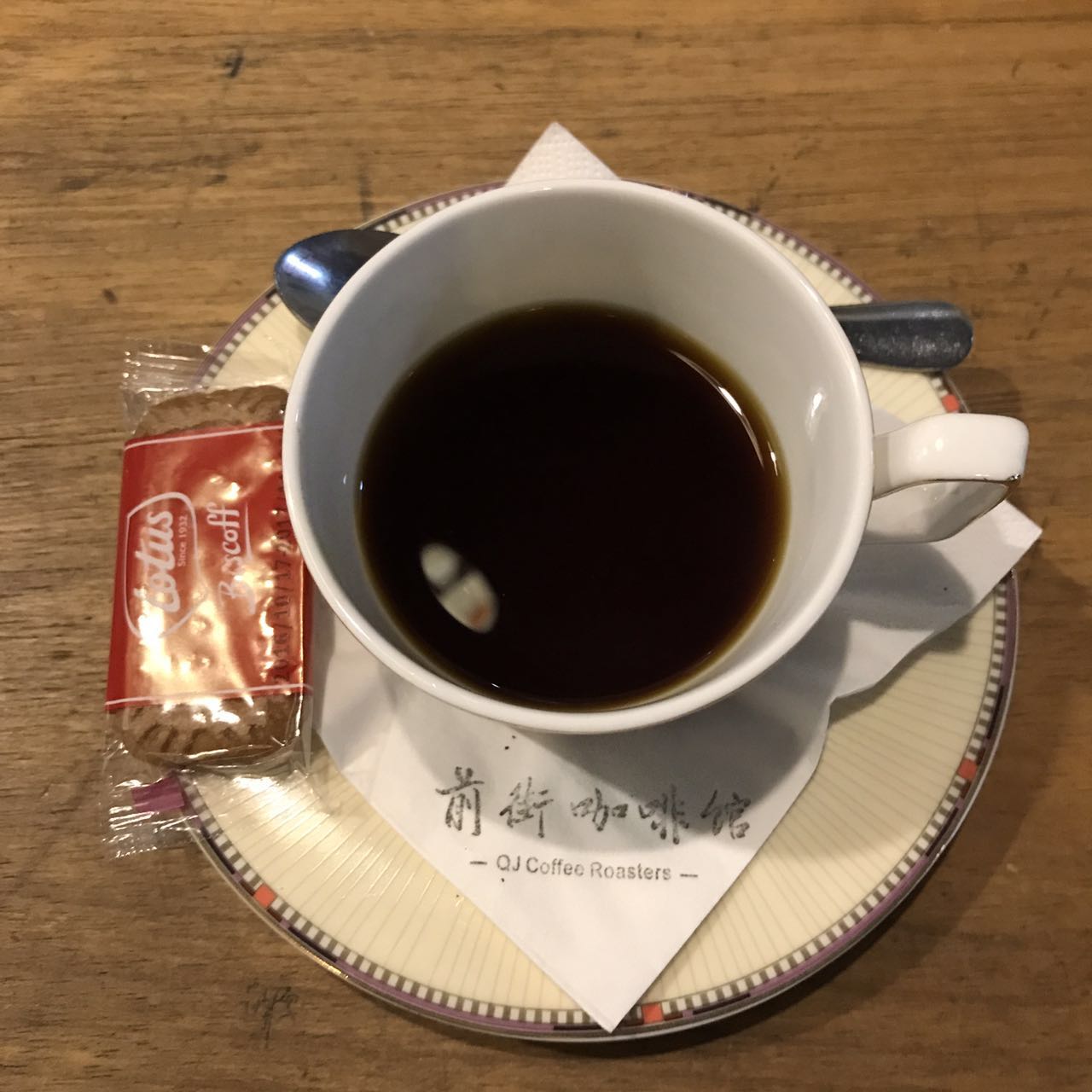
Okay, let's take another example:
Take the soy milk we often drink as an example. Supermarkets sell bagged "soy milk powder." After adding water and stirring, it becomes a cup of soy milk and dissolves completely.
However, most families will still buy a soymilk machine and buy some fresh soybeans to drink their own soymilk. Those who have played soybean milk know that the last step of the whole soybean milk is to filter out the bean dregs and drink only the juice.
This is like our freshly ground coffee, which filters out the coffee grounds after brewing.
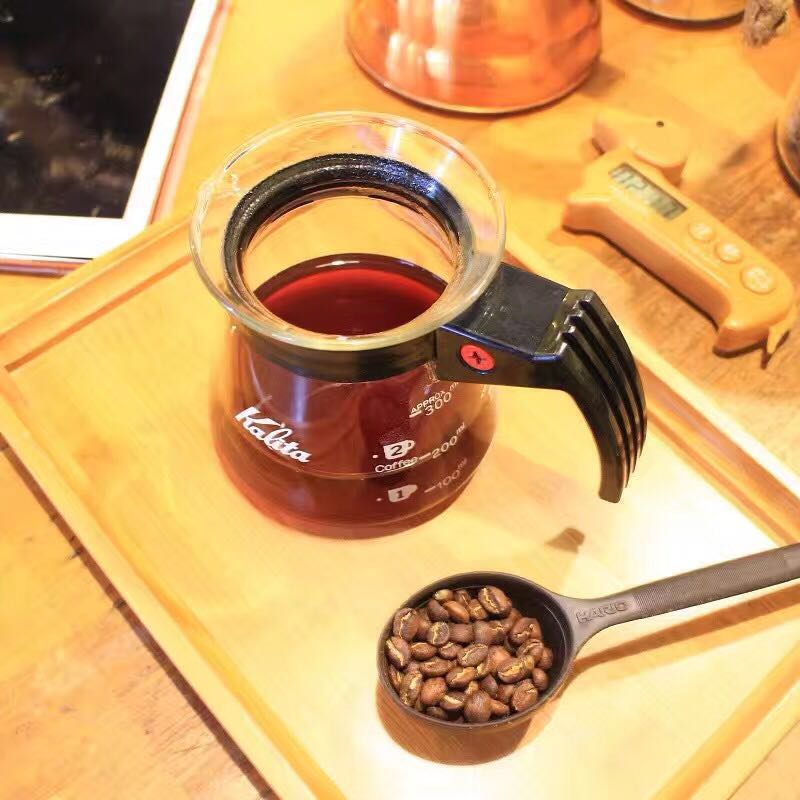
Okara also has its use value and can be made into other delicacies.
Coffee grounds are inedible because of their properties, but they are also valuable: for composting, for odor removal, for making soap, for making beauty products, etc.
So waste is relative.
Important Notice :
前街咖啡 FrontStreet Coffee has moved to new addredd:
FrontStreet Coffee Address: 315,Donghua East Road,GuangZhou
Tel:020 38364473
- Prev

An introduction to the climate and environment of coffee growth in India's unique Hancody Manor.
Unique Hancodi AAA producing area: Indian Karnataka Godagu County Manor name: Hancode Hancody Manor planting height: altitude 1000 m-1500 m Climate: average annual rainfall 2500 mm harvest time: 11-January of the following year treatment: washing treatment product features and taste: Hancodi has a 500ha coffee estate, fruit located in southern India
- Next
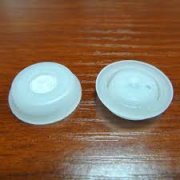
Answers to frequently asked questions about coffee beans
Q1: why does a coffee shop have an exhaust hole on the bag that wraps coffee beans? Can you squeeze the bag to smell the aroma? A1: during the roasting process, the internal moisture contained in raw coffee beans will gradually be lost due to the temperature of the roaster boiler, and these originally watery spaces will also be compressed due to the removal of moisture. Once the coffee beans leave the roaster, take them off internally.
Related
- Beginners will see the "Coffee pull flower" guide!
- What is the difference between ice blog purified milk and ordinary milk coffee?
- Why is the Philippines the largest producer of crops in Liberia?
- For coffee extraction, should the fine powder be retained?
- How does extracted espresso fill pressed powder? How much strength does it take to press the powder?
- How to make jasmine cold extract coffee? Is the jasmine + latte good?
- Will this little toy really make the coffee taste better? How does Lily Drip affect coffee extraction?
- Will the action of slapping the filter cup also affect coffee extraction?
- What's the difference between powder-to-water ratio and powder-to-liquid ratio?
- What is the Ethiopian local species? What does it have to do with Heirloom native species?

